Sugar substitutes may seem to be the perfect answer to combat the battle of the bulges and yet satisfy cravings of the palate, but a new study shows that they may be actually sabotaging weight-loss efforts.
Researchers say that artificial sweeteners like aspartame, saccharine may interfere with the body’s natural ability to count calories based on a food’s sweetness and make people prone to overindulging in other sweet foods and beverages. For example, drinking a diet soft drink rather than a sugary one at lunch may reduce the calorie count of the meal, but it may trick the body into thinking that other sweet items too don’t have as many calories either.
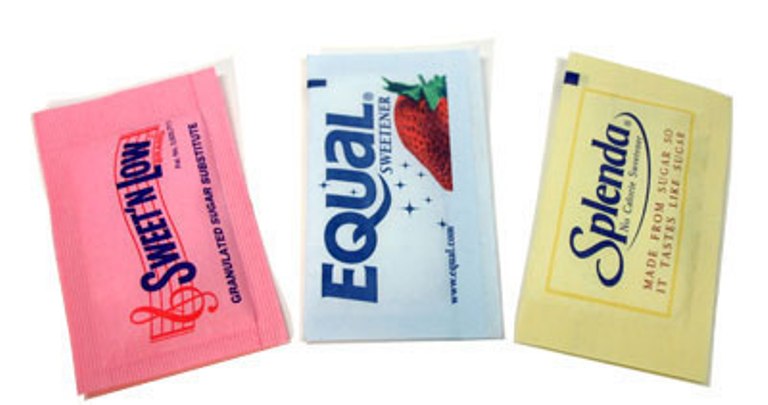
Image Source: science.howstuffworks.com
Dr. Richard Heller and Dr. Rachael Heller conducted a research on the insulin response towards sugar-free foods and found that, “Sugar substitutes may “fool” the body calorie-wise, but they cannot deceive the body’s insulin response. Though they are short on calories they can, nevertheless, cause an excess release of insulin and the cravings and weight gain that usually follow.
They further add, “Even if you are somehow able to successfully and repeatedly fight off your carbohydrate cravings, we have found that frequent intake of sugar substitutes may put your body in a fat-making mode, making it easier to gain and more difficult to lose weight.”
Health psychologist Daniel C. Stettner, says, “The food industry plays with the sugar, the fat, and the salt. It’s like a shell game. When manufacturers lower the sugar content in foods, they typically increase the fat or the salt content to compensate for changes in taste.” For example, sugar-free ice creams can be made higher in fat content.
Besides, fructose (natural fruit sugars) and the high-fructose sweeteners, which can also be made out of glucose, they have same calorie value as that of our household table sugar. However, when consumed, they cause the same insulin response in our body.
But if one must use such sweeteners, our preference would be SUCRALOSE (Splenda®), which is safe, non-caloric and does not raise blood sugar. It is has been used in Canada and is FDA approved.
However, when consuming natural sweeteners, make sure you avoid the one’s ending with the suffix “-ose”. For instance, Maltose, Fructose, etc. Also, certain types of sugar alcohols, like Maltitol have no effect on our body’s blood sugar levels, making them acceptable for our health.
Image Source: triathlon.competitor.com








































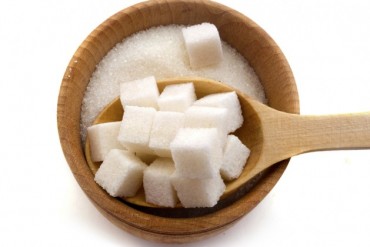











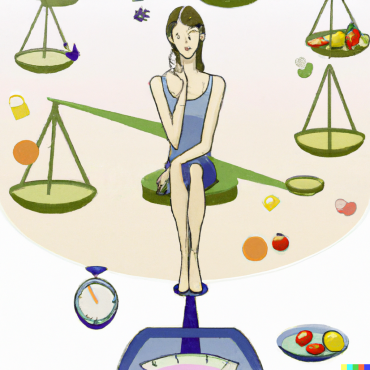

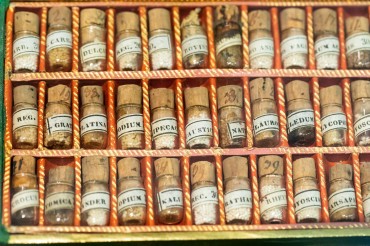
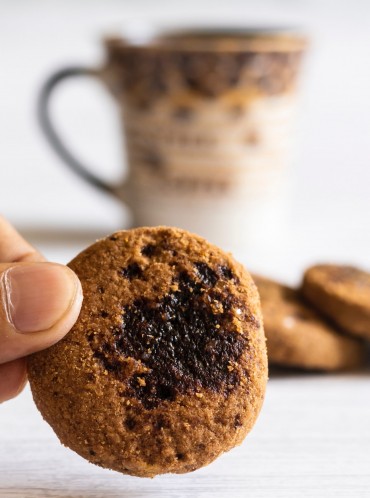

Comments